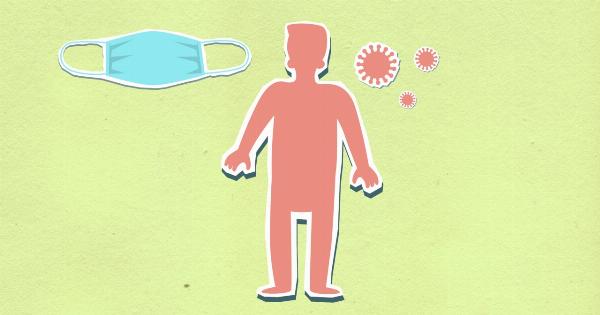Aspergillosis is a type of fungal infection that affects the lungs. It is caused by a type of fungus called Aspergillus, which is commonly found in the environment but rarely causes illness in people with healthy immune systems.
However, people with weakened immune systems, such as those with HIV/AIDS or undergoing chemotherapy, are at a higher risk of developing aspergillosis.
Symptoms of Aspergillosis
The symptoms of aspergillosis vary depending on the type and severity of the infection. Here are some common symptoms:.
- Coughing
- Shortness of breath
- Wheezing
- Fever
- Chest pain, especially when breathing
- Blood in sputum
- Fatigue
Types of Aspergillosis
There are three types of aspergillosis:.
Allergic Bronchopulmonary Aspergillosis (ABPA)
ABPA is an allergic reaction to Aspergillus in the lungs. It can occur in people with asthma or cystic fibrosis. Symptoms include coughing, wheezing, and shortness of breath. Treatment often involves corticosteroids and antifungal medications.
Aspergilloma
An aspergilloma is a ball of fungus that grows in the lungs. It is most common in people with underlying lung disease, such as tuberculosis or emphysema. Symptoms may include coughing up blood and chest pain.
Treatment may involve antifungal medications or surgery.
Invasive Aspergillosis
Invasive aspergillosis is the most severe form of aspergillosis and can be life-threatening. It occurs when the fungus invades the blood vessels and spreads to other organs.
It is most common in people with weakened immune systems, such as those undergoing chemotherapy or with HIV/AIDS. Symptoms may include fever, shortness of breath, and chest pain. Treatment often involves high doses of antifungal medications.
Diagnosis of Aspergillosis
Aspergillosis can be difficult to diagnose because the symptoms are similar to other respiratory infections. Your doctor may perform a chest X-ray or CT scan to look for signs of infection in the lungs.
A sputum culture may also be done to identify the type of fungus causing the infection.
Treatment of Aspergillosis
The treatment of aspergillosis depends on the type and severity of the infection. Here are some common treatments:.
- Antifungal medications
- Corticosteroids
- Surgery to remove aspergillomas
- Supportive care, such as oxygen therapy and respiratory therapy
Prevention of Aspergillosis
Here are some ways to prevent aspergillosis:.
- Avoiding environments with high levels of Aspergillus, such as construction sites and certain agricultural settings
- Wearing a mask or respirator when working in dusty environments
- Treating any underlying lung disease
- Taking antifungal medications as prescribed if you have a weakened immune system
Conclusion
Aspergillosis is a serious fungal infection that affects the lungs. It can be life-threatening in people with weakened immune systems. Early diagnosis and treatment are important to prevent serious complications.
If you have any symptoms of respiratory infection, seek medical attention immediately.































